‘Mykonos Mafia’: How Mitsotakis Govt Failed to Fight Corruption
According to an article in the Frankfurter Allgemeine Zeitung, organized crime -the Mykonos mafia- thrives despite the PM's pledge to fight lawlessness
An high-profile article by Frankfurter Allgemeine Zeitung entitled “The Mykonos Mafia” details what it calls the Mitsotakis government’s failure to deal with organized crime plaguing the isle, particularly in the construction and land use sector on the tremendously popular Cyclades holiday island.
The article, bylined by Michael Martens, charges that the Greek government has failed to curb corruption on the iconic island, dubbed the “most popular party island in Europe” by the Guardian.
The Mykonos Mafia: How the government of Greek Prime Minister Kyriakos Mitsotakis is failing to curb corruption on what is “Europe’s most famous party island” as the Guardian once put it. pic.twitter.com/5mmEmqIVHA
— Michael Martens (@Andric1961) August 23, 2024
Similarly, an investigative series begun by in.gr in 2023 focusing on the “construction mafia” on Mykonos presented documents showing serious building violations on the jet-setting isle.
Whoever gets involved with ‘construction mafia’ at risk
“Beyond the high season, when tourists are packed like sardines to see sights that no longer exist because of them (construction mafia), Mykonos is a magical place. However, behind the Instagram facades there’s a construction mafia sprawling all over the island, with no regards for casualties. And woe be tide to those who stand in its way,” the article in the German newspaper underlines, referring to two cases that have recently attracted particular attention.
The first involves archaeologist Manolis Psarros, whose case, FAZ emphasizes, revolves around constant theme when stones comprising artifacts, along with fragments and other historical relics are discovered during construction work. This happens in almost every foundation-laying ceremony in some regions of Greece. “It’s not only the companies that are involved in the construction of the still unfinished Thessaloniki metro for almost two decades, who could sing a rhapsody about this,” the article characteristically notes.
Psarros was nearly beaten to death in northern Athens last year by two assailants who subsequently fled. He faced off with the ‘construction mafia of Mykonos’ and had filed complaints of illegal construction. A public servant like Psarros, who can take recourse to the courts to block investments or at least cause costly delays, obviously stands in the way for some. His case shocked the country and called into question the Mitsotakis government’s pledge to reinforce law and order.
Special investigators were sent to the island, and what emerged was a network of corrupt contractors, club owners, hoteliers, motel owners, local politicians and police, all “with excellent connections to corrupt associates among Athens’ halls of power.”
In fact, a few weeks ago a crime took place that further shed light on the archaeologist’s case even more, namely, when land surveyor Panagiotis Stathis, who worked on Mykonos for decades, was shot dead in Athens’ Psychiko district by an assailant who also fled.
Up to 30K per square meter
“The background behind the alleged contract killing is not entirely known, but one thing is clear: a great deal of money is being circulated on Mykonos. Dozens of five-star hotels on an island with fewer inhabitants than Husum bear witness to the summer rush of wealthy clients from around the world, who come to the island on direct flights from Dubai, Bahrain, Abu Dhabi and Doha, among others. Although there are hundreds of hotels on the island, new properties are constantly being added, FAZ reports.
The article adds that this year news spread of a 200-million-euro investment on Mykonos by Soutrock Property Co., a subsidiary of the German Otto Group. The investment reportedly entails a new luxury complex on almost 200,000 square meters. In addition, nowhere in Greece are prices for second homes higher than on the Cyclades islands, FAZ underlines. On Mykonos, up to €7,000 per square meter is being paid for such “noble” retreats, while prices in excess of 30,000 euros per square meter have even been reported for some of the island’s prime locations.
Mitsotakis’ empty promises
A common side effect of such transactions is that they take place on the margins of, or even outside legal bounds.
“We will impose legality on Mykonos. We are committed to uprooting the criminal networks that think they control the fate of this beautiful island,” Kyriakos Mitsotakis emphasized in his weekly message just last July – commitments that turned out to be “empty words” of his government, yet again.
The loophole
FAZ’s investigative report explains how the “Mykonos mafia” exploits “a law that stipulates that any buildings illegally erected in Greece before July 2011 can be retroactively ‘legalized’ by paying fines, which aren’t so high, by the way. And the construction dates of many buildings, which have been built in Mykonos long after 2011, are systematically falsified in order to take advantage of this law. This is easily proven by the images taken by the Hellenic Air Force or Google Maps – if, of course, someone wants to prove this.”
For buildings constructed before 1982, the penalties are significantly lower.
On Mykonos, buildings constructed long after 2011 were therefore “systematically” listed earlier in the records. The town squares where buildings were supposed to be located before 2011 were actually unused for years afterwards, FAZ explains. However, uncontrolled property development also has consequences for tourists: the island’s infrastructure cannot always meet this “turbo-charged development”. For example, the sewage network on Mykonos has been overloaded several times during the high season. At times streams of raw sewage poured through manholes and provided “jet-setters with an unforgettable holiday experience…
At the same time, Panormos remains an occupied beach
One of the areas of Mykonos that was widely discussed last year was that of Panormos. It was at this coastal site that extensive illegal construction around the Principote club was revealed. The case had come to the forefront as a typical example of the problem with Mykonos, while the government, in the person of the prime minister himself, used it as an example of the volition shown by the government to uphold legality. And indeed, after the commotion, the company that ownsd the club demolished the illegal constructions on the beach – and this year it is operating again.
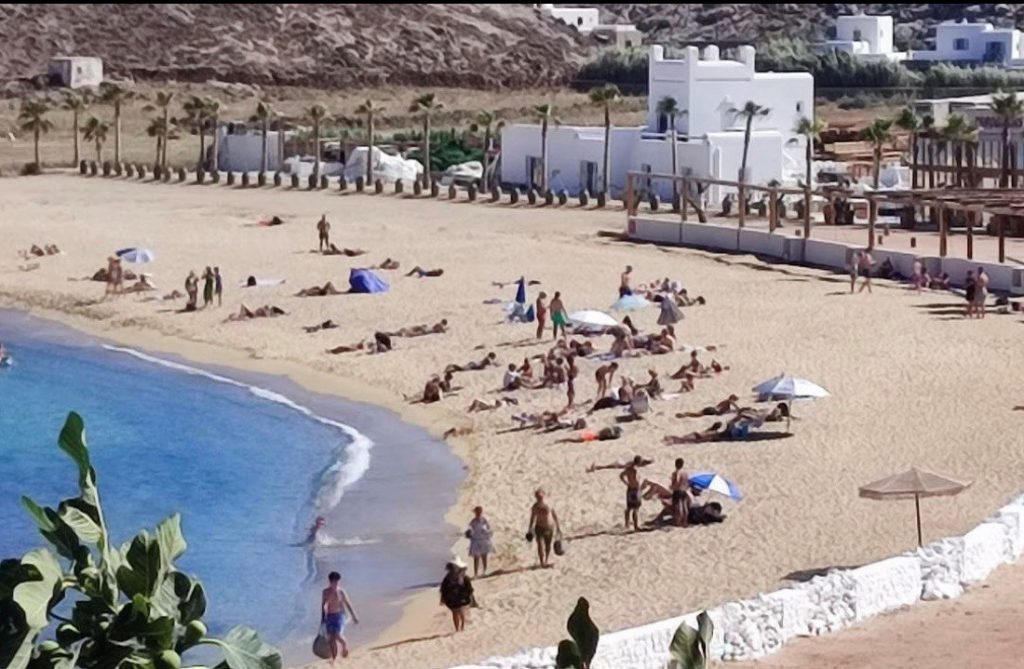
However, this didn’t mean that the beach was freed up and became accessible again. In fact, the business still occupies not only a significant part of the beach but also controls access to the rest of the supposedly free beach, since the only way to get to it is through the business’ premises.
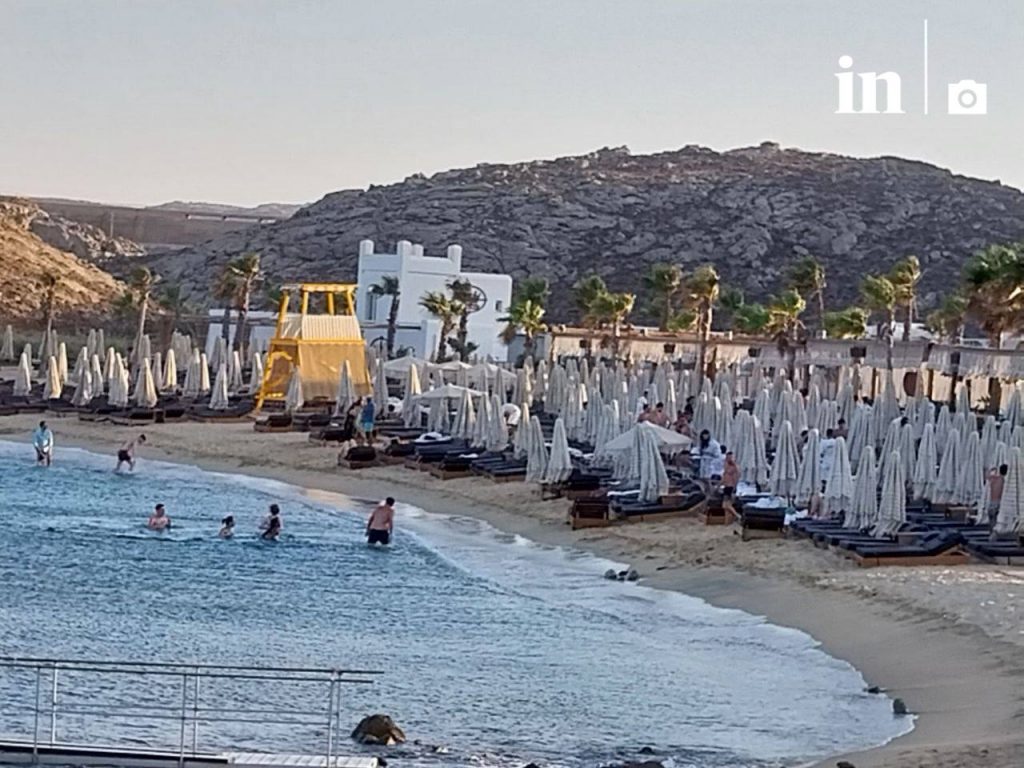
The nearly completely ‘occupied’ beach of Panormos this year.
However, if you’re trying to pass through the club you’ll be met by security guards, who won’t allow you to pass. In addition, noise pollution from loud music makes the situation unbearable for those unfortunate enough to live nearby. This means that, to a large extent, the government’s promises to deal with town planning violations on Mykonos have remained empty words.
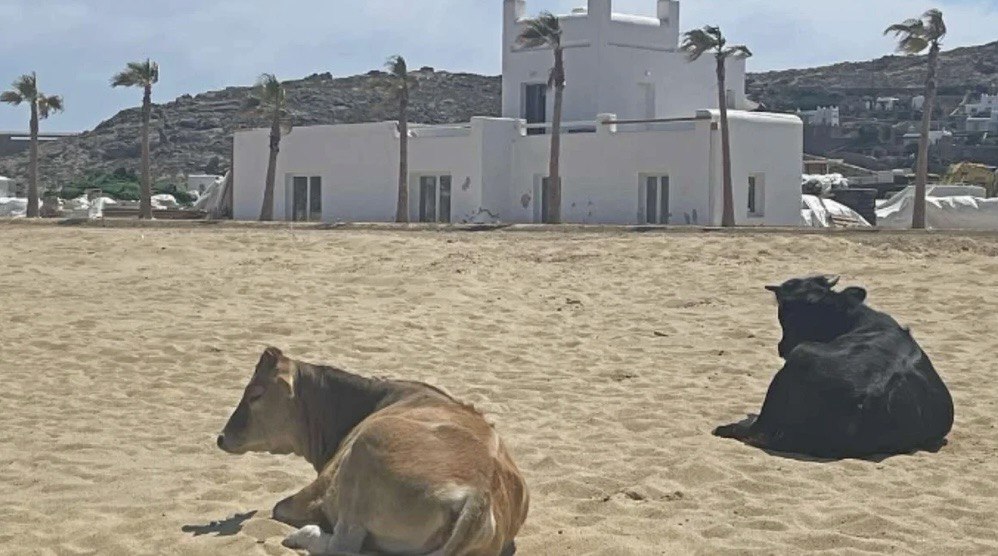
Panormos with the beach free.

Panormos today.
- Γουατεμάλα: 9ος αστυνομικός νεκρός από τα πυρά συμμοριών
- Ιράν: Η Lufthansa αναστέλλει τις πτήσεις προς και από την Τεχεράνη μέχρι και τις 29 Μαρτίου
- Τουλάχιστον 1.500 μέλη του Ισλαμικού Κράτους δραπέτευσαν από φυλακές της Συρίας
- Τρίπολη – Νεστάνη: Νεκρός εντοπίστηκε ηλικιωμένος κατά την κατάσβεση πυρκαγιάς σε κατοικία
- Στα «ΝΕΑ» της Τρίτης: Τρεις ανατροπές υπέρ των παιδιών
- Η Μολδαβία αποχώρησε από την ευρασιατική ομάδα ΚΑΚ της οποία ηγείται η Ρωσία
- Η Premier League αποθέωσε τον Κωστούλα για το καταπληκτικό γκολ (vid)
- Κίνα: Η κίνηση που επαναπροσδιορίζει τον τρόπο που θα διεξάγονται οι μελλοντικές συγκρούσεις
Ακολουθήστε το in.gr στο Google News και μάθετε πρώτοι όλες τις ειδήσεις

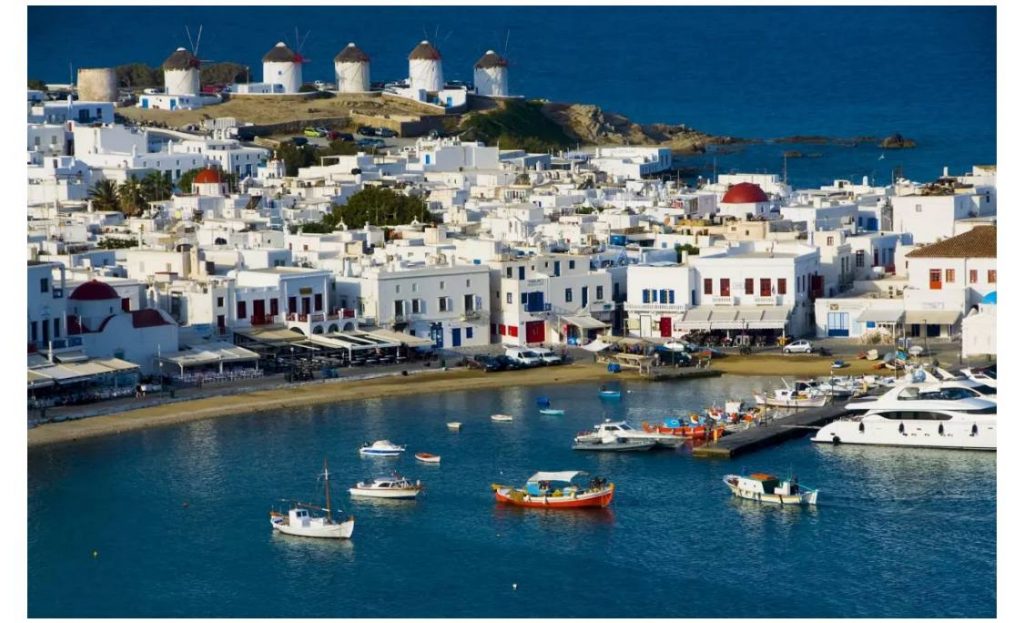






![Άκρως Ζωδιακό: Τα Do’s και Don’ts στα ζώδια σήμερα [Τρίτη 20.01.2026]](https://www.in.gr/wp-content/uploads/2026/01/danie-franco-wEuWV0Vz9uw-unsplash-315x220.jpg)



















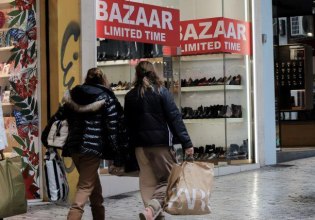



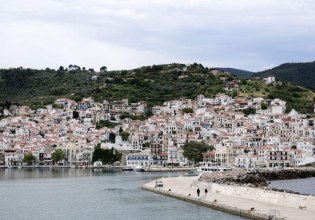
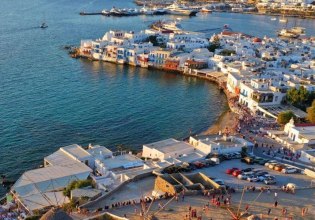



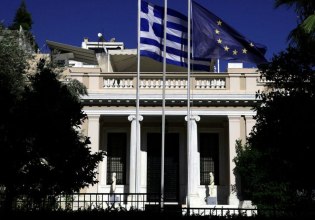
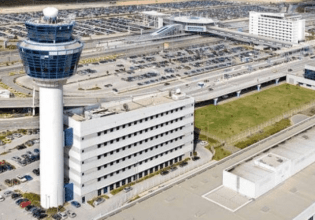




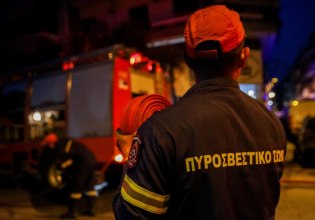
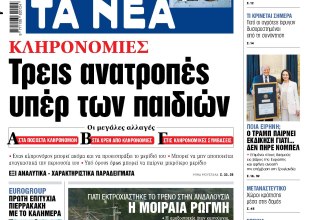










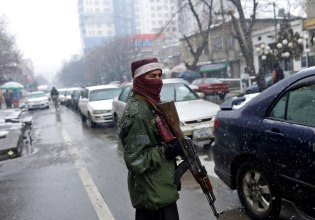








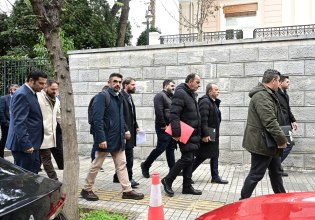









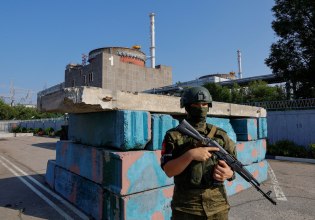


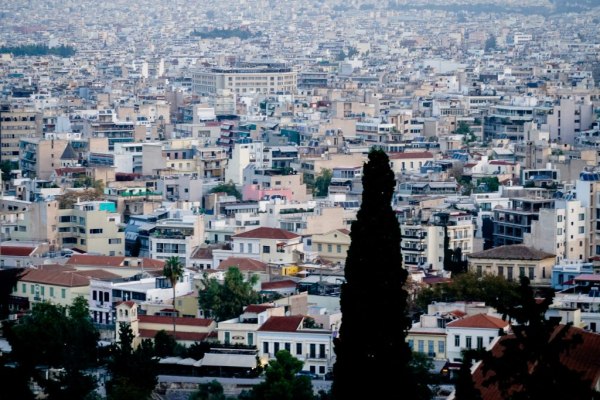

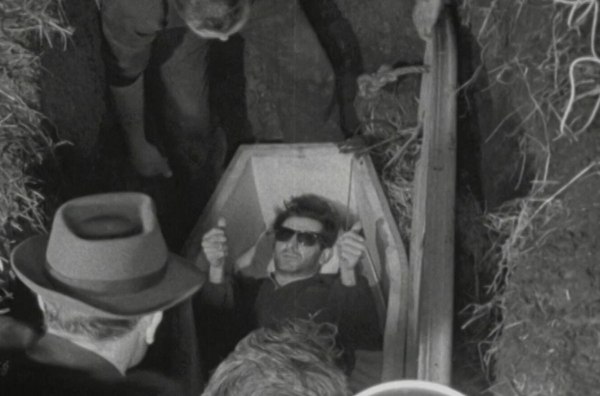




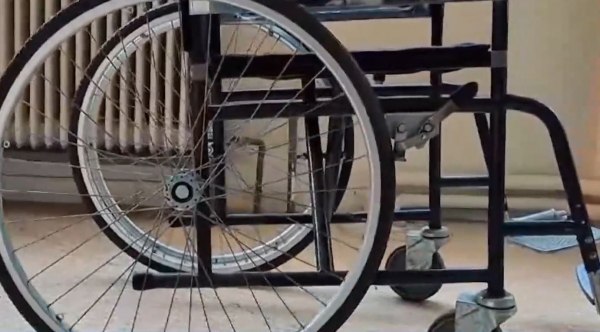
 Αριθμός Πιστοποίησης Μ.Η.Τ.232442
Αριθμός Πιστοποίησης Μ.Η.Τ.232442